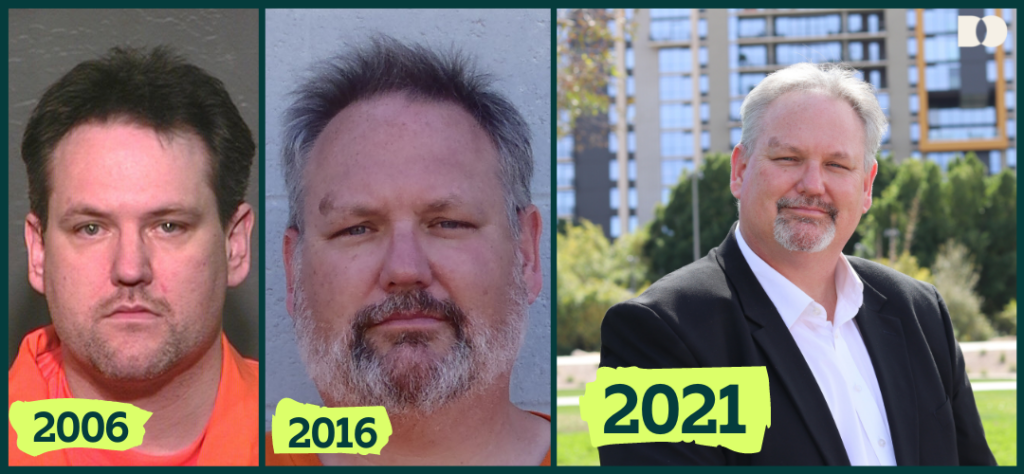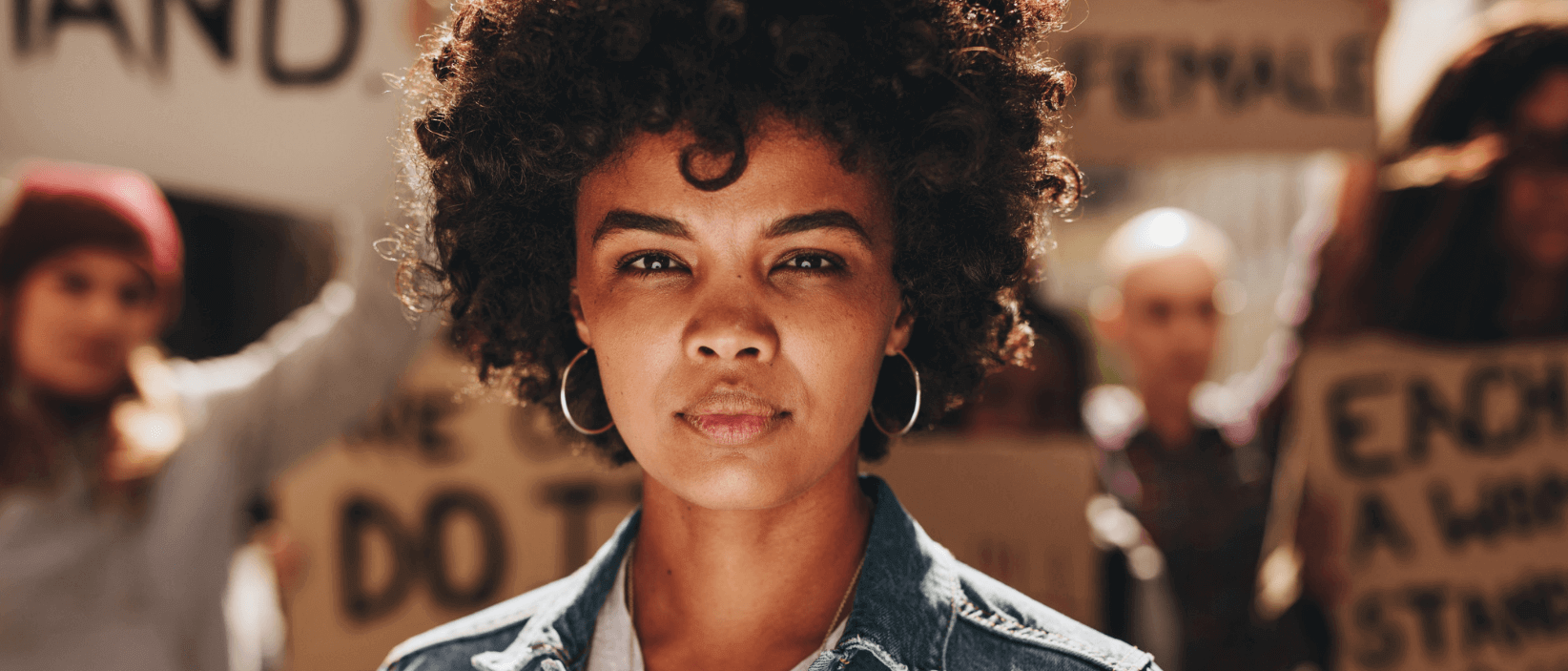I Smuggled Coding Books Into Prison
Authored By John Fabricius

When you enter prison for an extended time, your first thoughts are of survival. Where will I live? What will I do? When will I see my family again? As I entered my cold confines to begin my own 16.5 year sentence, I got my answers. I would be housed in the farthest corners of the Arizona desert, unable to see my children for a long time. What my prison sentence didn’t tell me, and what we fail to tell millions of others, is what your life can and will look like after.
Prison is about punishment, not possibility. Finding a path to sobriety and hope, rehabilitating yourself for a better future, all of this happens in spite of the prison system, not because of it.
For me, I had a long sentence to do and knew my options were limited. The prisons offered very few rehabilitation opportunities so I made the choice to invest in my education, if for no other reason than to demonstrate to my two sons that regardless of your circumstances, regardless of the obstacles in front of you, bettering yourself is always a choice you can make. But, in this case, it was a choice I was left to navigate on my own.
I searched around as best I could to find a paralegal school that had a good and relevant curriculum, that I could take through correspondence courses, and that actually taught me the law and how to work in the legal field. I found a school in Arizona and enrolled with money from my late-mother’s estate. I studied hard and read every word of the textbooks, even if it was not in a lesson. I wanted to learn the law the best I could.
When I graduated, I immediately went to work helping others, assisting with criminal appeals, civil-rights claims, family matters, and regular civil legal issues. I immersed myself in Arizona Department of Corrections policy and would have Supreme Court cases sent to me in the mail. Finally, I had a window into my life beyond prison. And so, hooked on hope, I sought out more.
With the help of a scholarship, I began work on my Associate’s Degree from a local community college. And it changed my life. For the first time, I was exposed to philosophy, and able to immerse myself in math, science, writing, and political science.
Education became my sanctuary from the endless punishment of prison life; a promise of a future for myself beyond these walls.
After a decade, I started thinking about the prospect of returning to society. I had taken nearly enough courses to earn my degree and I really started thinking about what kind of work I wanted to do when I got out. Having been passionate about computers as a teenager, I knew the tech industry was the new frontier and that coders and IT technicians would be in high demand for years to come. It was clear that if I wanted to be a part of that future, I needed to learn how to code.
However, there was one major obstacle: it was against the rules of the prison for the incarcerated men and women to have books about coding and information technology.
The fear was that if we learn computing and IT, we would hack the computer and security systems of the prison and cause chaos. But as all I was looking for was the chance at a job out of prison, that left me, again, with few options.
I decided that my future demanded that I work through this obstacle, and that’s what I did. In an ironic twist, instead of having drugs or other contraband smuggled into the prison, I had coding books brought in. These books opened me up to a future beyond my cell. But, as contraband, they also threatened that future. I had to hide them and hope that the corrections officers wouldn't find them, lest I receive more time in prison for the crime of preparing myself to get out.
Under threat of more punishment, I studied these books, teaching myself basic concepts of coding and IT, - all without being able to code on a computer. Fortunately, I eventually got a job in the prison that gave me access to a computer and a chance to practice my newly acquired programming skills, and, as a result, after I was released in August 2018, I was able to find a job that gave me a good wage, and good opportunities. Finally, I not only had a paycheck, but a future. All it took was breaking the rules of prison.
If we want the criminal justice system to be more than a dungeon, then we cannot let planning for the future be just an option. Prison can’t be just a sentence, a cell, and time with your thoughts. For me, it was also a chance to put myself on a better path that I had missed before. But we shouldn’t have to find those paths alone. That’s why I’m so thrilled that the skills I learned in prison enabled me to find a role at Dream.Org where I have the chance to help more formerly incarcerated people find opportunities in the tech industry.
Making these opportunities accessible to underrepresented communities benefits everyone, but we shouldn’t just wait until people are released.
Access to books on coding, time with a computer, and a working knowledge of IT are not luxuries or threats, they are essential to life in the modern world.
If we want to fix a broken prison system in which 77% of those released end up rearrested, then we need to make prisons more than just punishments. Through education, support, and training, we can also provide hope, possibility, and, ultimately, the opportunity to succeed.
